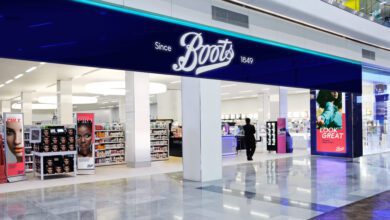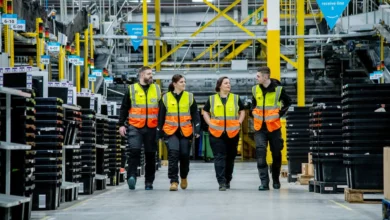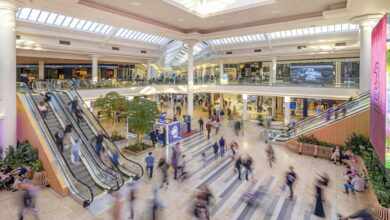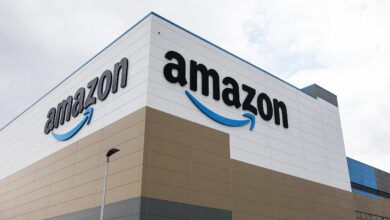Pivoting on experience to revive the UK high-street

It’s no secret that it’s a troubling time for the UK high-street. The recent news that Boots might be considering store closures globally following “its most difficult quarter” since the retailer’s formation is the latest brushstroke of a much larger picture.






